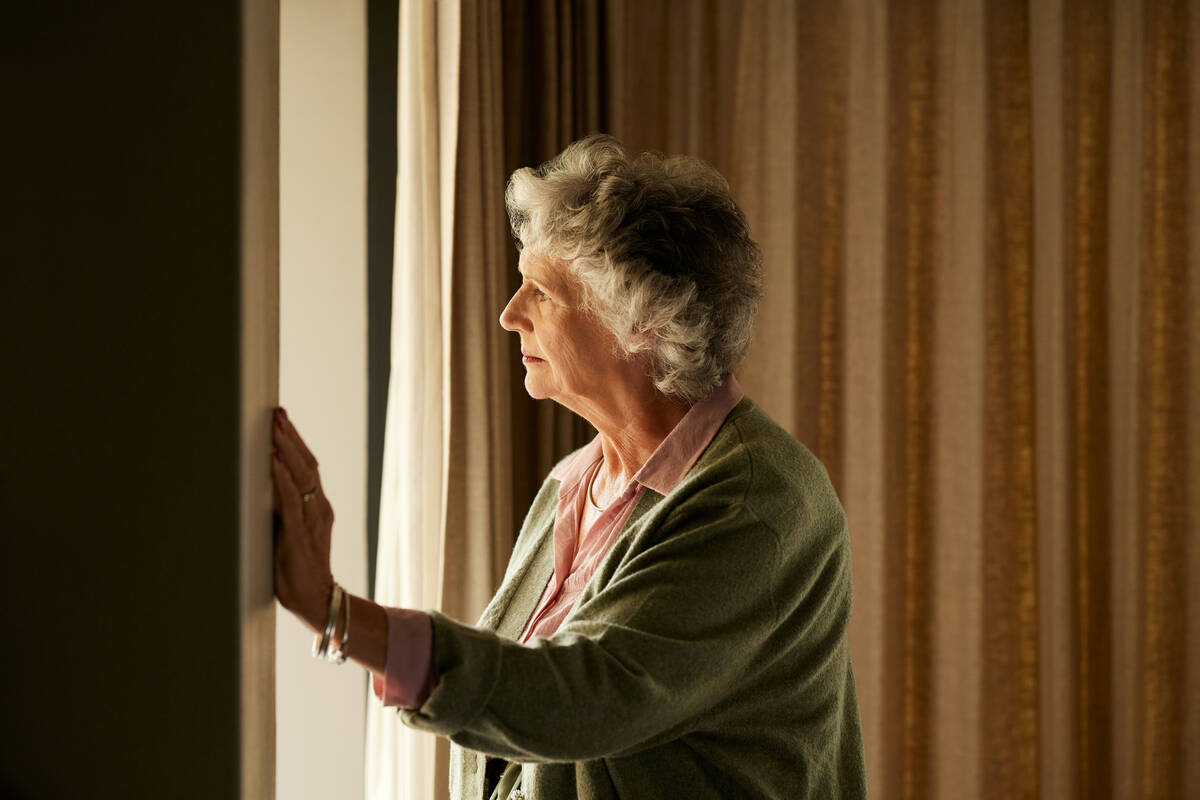Where can solo seniors turn for help in their later years?
Dear Savvy Senior: I’m a divorced, 68-year-old, childless cat lady and have been thinking a lot lately about who will look after me when I get older and my health falters. What resources are available to solo seniors like me, and where can I turn to find a reliable person to be my emergency contact, as well as look out for my health, financial matters and living arrangements in my elder years? — Solo Ager
Dear Solo Ager: This is a very common concern for the 22 million solo agers across the United States who don’t have adult children or other family they can depend on to watch out for their well-being. Here are some tips and resources that can help you plan ahead.
Helpers and decision makers
While older adults who have children or are married usually name offspring or spouses as their proxies or decision makers, solo agers most often choose a sibling, niece or nephew, or rely on a trusted friend or neighbor. Whomever you choose, talk to them first to make sure they are up for the task.
If you don’t have anyone you feel comfortable with, or who is willing to take on that responsibility, you can hire someone.
One of the best resources for this is an aging life care manager. These are professionals trained in geriatric care who often have backgrounds in nursing or social work and can serve as your emergency contact, oversee your care and even act as your executor. They can also connect you with professional legal and financial services in your area to help you manage your affairs.
Aging life care managers typically charge $100 to $300 an hour, depending on their location and experience. To search for an expert near you, visit aginglifecare.org.
If you can’t afford this, there are other reliable sources you can turn to for specific help. For example, if you haven’t already done so, you need to prepare a basic estate plan (including a power of attorney, advance directive and a will) to ensure your wishes are carried out if you become incapacitated and for when you die.
To help prepare these documents, your best option is to hire an experienced estate planning attorney, which can cost $500 to $2,000. They may also be able to act as your power of attorney or executor or help you locate a professional in your area who can.
To locate someone, the National Academy of Elder Law Attorneys (naela.org) and National Association of Estate Planners & Councils (naepc.org) have online directories to help you search.
If you need help with bill paying, there are services such as SilverBills (silverbills.com), or you can work with a daily money manager (aadmm.com) who, in addition to paying bills, can handle tasks such as balancing your checkbook and organizing tax information. And to help you navigate care and senior housing options there are certified senior advisers (csa.us).
It’s also a good idea to meet with a financial adviser to help figure out which services and living arrangements you can afford and which steps you can take to ensure that your financial resources last your lifetime. If you don’t have an adviser, you can find a fee-only, fiduciary financial planner through the National Association of Personal Financial Advisors at napfa.org.
Other resources
Some other helpful resources you can turn to include Aging Alone Together (dorotusa.org/agingalonetogether), a program offered by DOROT, which is a nonprofit social services organization that provides practical ways to help solo agers prepare for the future. They are offering a free, six-session virtual workshop via Zoom starting April 24.
Also see Navigating Solo (navigatingsolo.com), a national clearinghouse of resources for solo agers and information about solo-ager groups in the U.S.
Send your senior questions to: Savvy Senior, P.O. Box 5443, Norman, OK 73070, or visit SavvySenior.org.

















